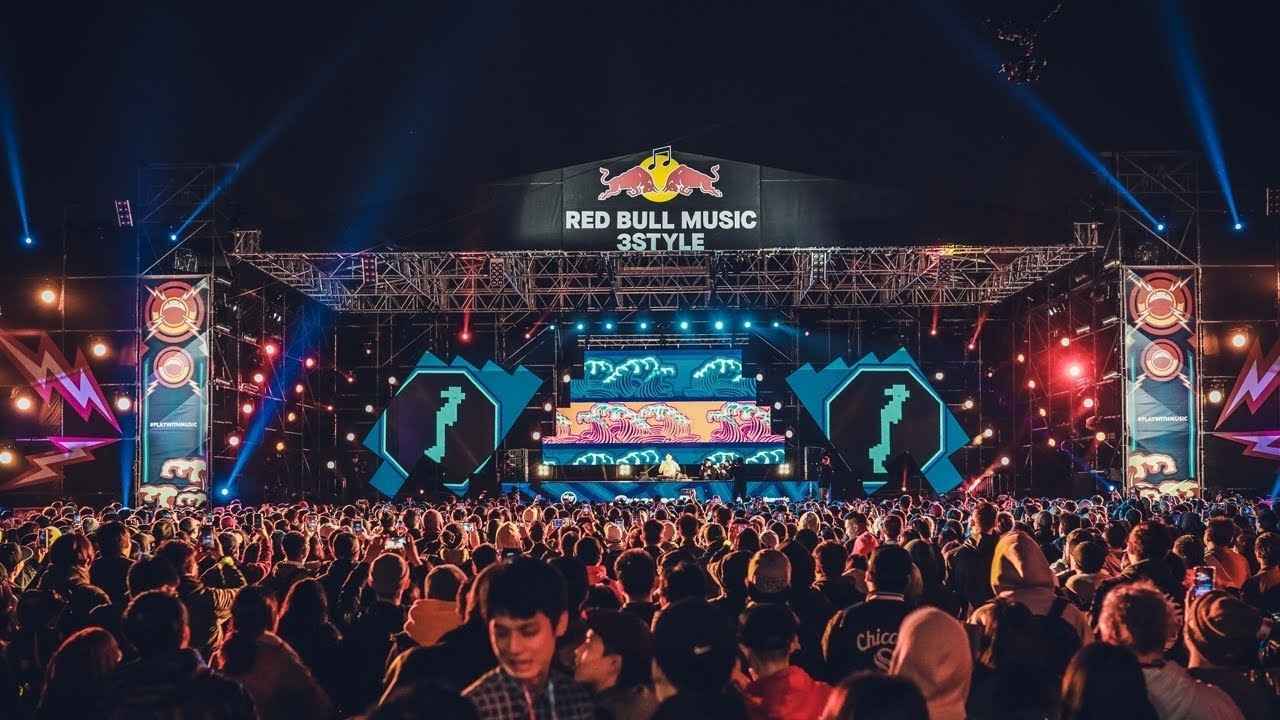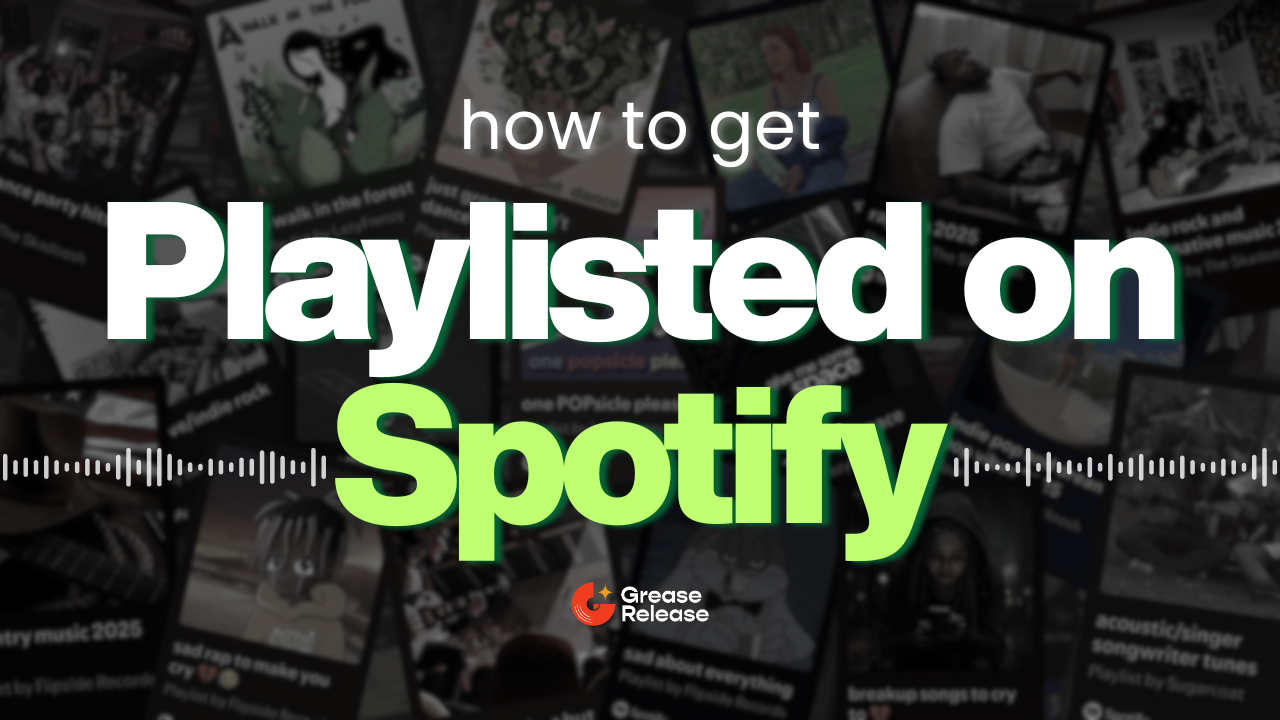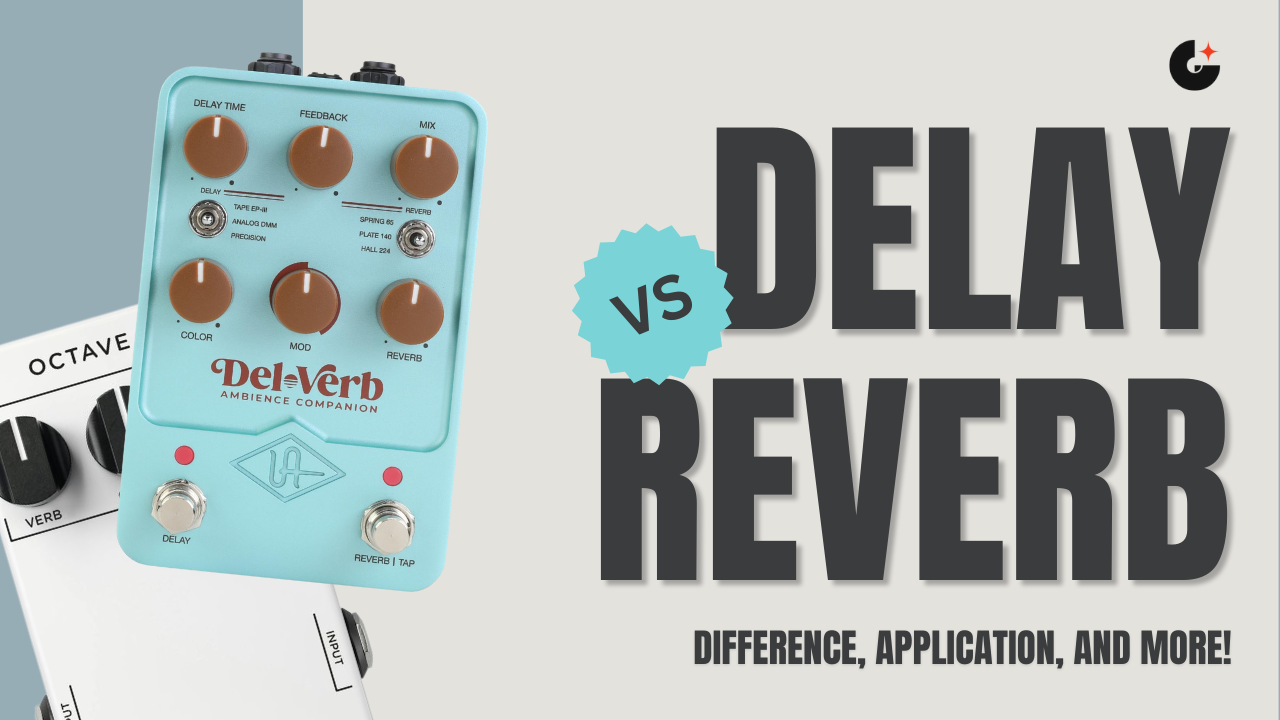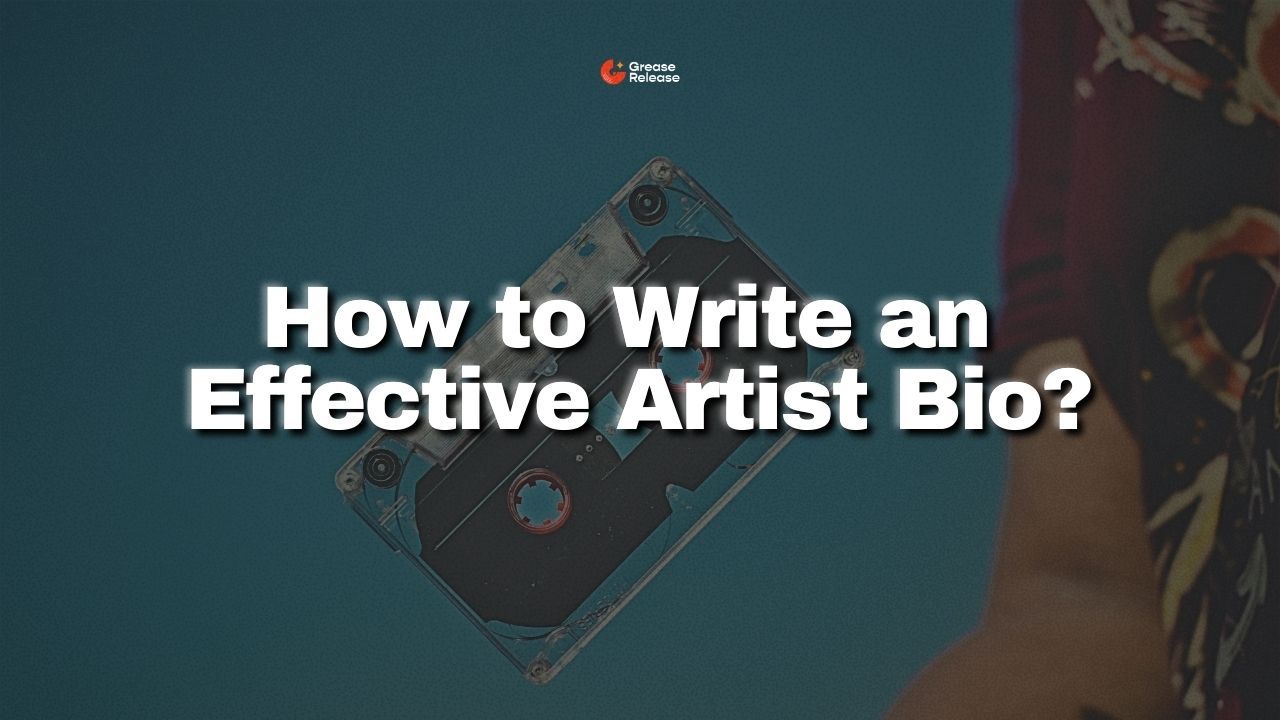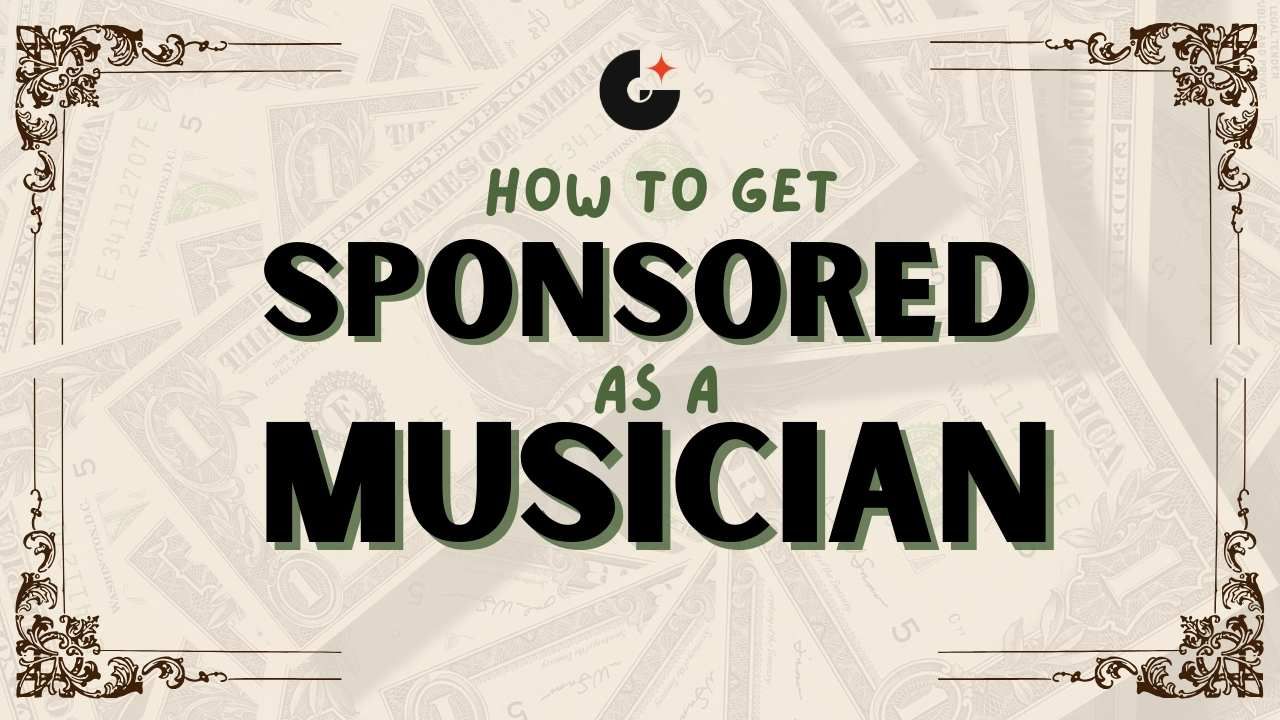
How to Find a Sponsor and Work with Them: Musician Edition
May 13, 2025Sponsorships for Musicians: How to Find the Right Sponsor
Securing music sponsors isn’t just for large festivals or major label artists. Independent musicians, touring acts, and rising performers can also attract music sponsors who believe in their brand and sound. But the trick isn’t just how to get sponsorship — it’s about building meaningful, mutually beneficial partnerships. Here’s a five-step guide on how to lock in sponsorship for music and make it work.
We’ll be taking a look at the following:
Define Your Value Before You Pitch
Before reaching out to sponsors for music, get crystal clear on what you bring to the table. Ask yourself:
- Who is your audience?
- What’s your online reach (Spotify, Instagram, YouTube)?
- What kind of exposure can a sponsor expect?
- Are you launching a new project, going on tour, or hosting an event?
Brands don’t just give money — they invest in visibility, values, and alignment. Your pitch should tell them exactly why you’re a smart choice.
Pro Tip: Use tools like Spotify for Artists and Instagram Insights to gather demographic data. Knowing your fans' location, age group, and behaviour makes your pitch stronger.
Target the Right Sponsors (Not Just Big Names)
When looking for music sponsors, go niche. Think:
- Local businesses that support the arts
- Audio equipment companies
- Beverage brands targeting live events
- Clothing companies that fit your style
Even if you’re on a music tour, music tour sponsors don’t have to be global brands. Regional businesses often jump at the chance to get their name on a flyer, social post, or tour banner.
You can also:
- Look up sponsors of similar artists or events
- Check the social media pages of brands for previous collabs
- Ask your existing network for connections
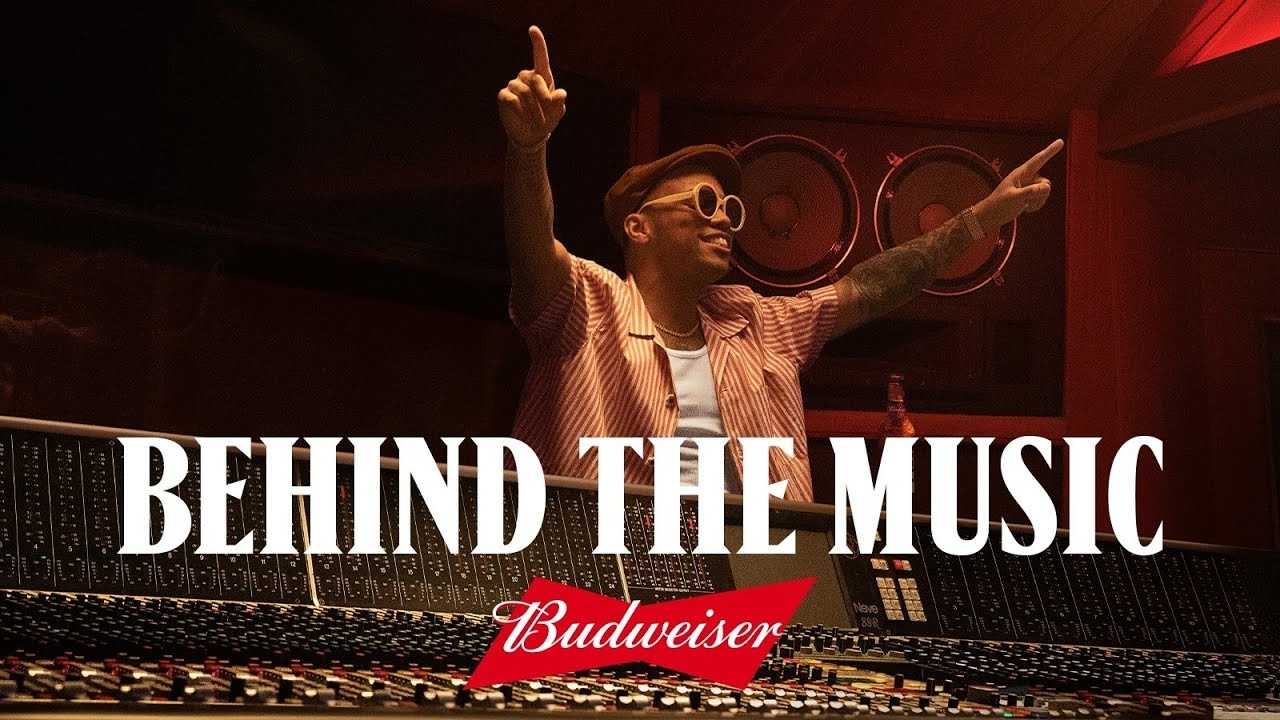
Create a Killer Sponsorship Deck
Okay, so you’ve identified the right brands. Now it’s time to sell your story — not in a pushy, corporate way, but in a way that shows passion, professionalism, and potential.
That’s where a sponsorship deck comes in, and here’s how to build one that hits the right notes:
-
Start with Your Artist Bio (But Keep It Snappy)
Open with a short intro that captures your sound, story, and vibe. Mention milestones: maybe you've opened for big acts, gone viral, or racked up 50K streams independently. Brands love a good story, especially one tied to hustle, growth, and authenticity. -
Show Off the Stats
This is where your numbers shine. Include:
- Monthly Spotify listeners
- YouTube views/subs
- Social media followers & engagement
- Email list size
- Past event attendance or reach
Use visuals — charts, icons, or bold callouts — to keep it clean and digestible.
Tip: Even if your numbers aren’t massive, high engagement and niche loyalty beat vanity metrics. A brand would rather reach 2,000 loyal fans than 20,000 ghosts.
- Monthly Spotify listeners
-
Break Down Your Campaign or Tour
Are you promoting an EP? Going on a regional tour? Planning a music video series?
Give them the roadmap:- Where you’re going
- When it's happening
- Who’s involved
- Why it matters (to you and your audience)
Use this to paint a picture of how the brand fits in.
- Where you’re going
-
List Clear Sponsorship Opportunities
Make it easy for the brand to say “yes.” Create 2–3 simple packages like:
- Gold Sponsor – Logo on all merch, shoutouts in every show, featured in a music video.
- Silver Sponsor – Shoutouts on social media, free product placement on livestreams.
- In-Kind Sponsor – Travel, clothing, equipment, or food support in exchange for product mentions.
- Gold Sponsor – Logo on all merch, shoutouts in every show, featured in a music video.
Treat It Like a Partnership, Not a Transaction
Once you land sponsorship for music, communication is key. Regular updates, backstage access, thank-you shoutouts — these go a long way in building long-term relationships.
You can also involve them creatively: co-branded merch, sponsor-specific promo codes, or sponsored livestreams are all ways to boost visibility for both teams.
Show Results — and Stay Connected
After your tour or campaign, send a post-event report:
- How many people saw their brand?
- What kind of social engagement did you get?
- Any press features or shoutouts?
This closes the loop and sets you up for repeat music sponsors in the future.
Final Thoughts
Finding music sponsors is about being professional, data-driven, and collaborative. Whether you’re looking for music tour sponsors or support for your next EP drop, treat every sponsor as a creative partner. And remember: your brand is as powerful as your music.
We at GreaseRelease, have a bunch of curators on our network who are looking for new & exciting music to push on their massive playlists. If you make music and want to reach a wider audience, check out our submission platform and get a chance to reach millions of listeners! Submit your tracks now!
Don't miss my newsletter!
Join me on a music entrepreneurship journey with new tips and tricks delivered straight to your inbox.
We hate SPAM. We will never sell your information, for any reason.

